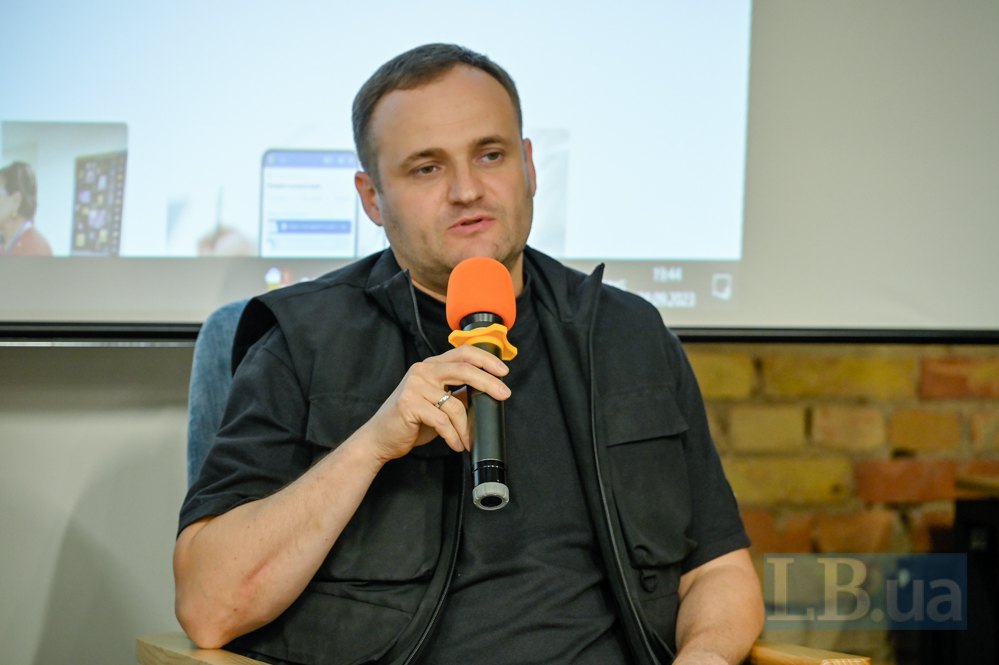
"The deoccupation strategy must apply to all the temporarily occupied territories. But within this strategy, we must distinguish between mechanisms and tools for individual territories. I think this approach will be clear to everyone. Because the terms of temporary occupation are different, and so are the infrastructural, economic, and military consequences," Kuleba said.
According to him, Ukraine has built a successful and unique experience of deoccupation during a full-scale invasion.
"The experience of deoccupation of Kharkiv and Kherson regions is different, but unique not only for our country but also for the world. It gives us a powerful impetus to understand what to do and how to do it. And each time we have to do everything as perfectly as possible, taking into account all the components that came before, developing our own methodology," Kuleba says. It should also take into account human potential and be human-centred, he added.
Another important factor is security.
"Security is relevant for us here and now, it is relevant in any corner of Ukraine, but with regard to the deoccupied territories, any regions on the border (which is more than a thousand kilometres long), it should not be just a state programme. We need to think about implementing a security philosophy," Kuleba said.
At the same time, he rejected the idea of any special conditions for the liberated territories.
"We need a legislative framework. I would abstain from formulating special conditions. There must be legislation that will regulate many very different and sensitive issues, narratives imposed over the past 30 years by the terrorist neighbour," he said.
According to Kuleba, lawmakers and the relevant ministry are already working on relevant initiatives. They are at the initial stage, but this work is ongoing. It should involve society and the international community.

At the same time, Kuleba rejected the idea of holding elections in Donetsk and Luhansk regions immediately after the liberation of these territories.
"It is important that foreign partners understand our context. The transition from military to military-civil administration and then to civilian and democratic elections will definitely take some time. But I propose not to be specific right now because we do not understand what we will see in the territories we will enter after liberation," the official said.
He added that decentralisation reform may be implemented during the transition from the military administration to the military-civil administration.
"It's still in the making, but we have a very cool reform, one of the main ones that has really been made possible by the whole of Ukraine - the decentralisation reform. I would like to remind you that neither Donetsk nor Luhansk regions is covered by this reform. Therefore, I think that one of the main factors of civilised development of society can be the decentralisation reform, which we have to implement in the context of a parallel transition from military administration to military-civil and civil administration," Kuleba said.
According to him, this case, however, needs to be considered together with European partners, but decentralisation can become the foundation for the reintegration of Donetsk and Luhansk regions.








